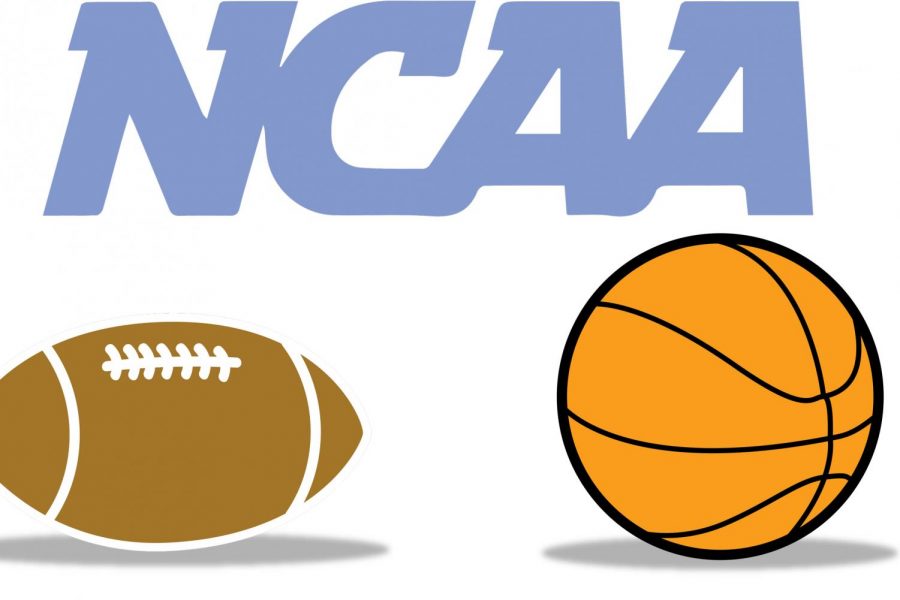Revised NCAA Bylaw Beckons Student-Athlete Income
The National Collegiate Athletic Association (NCAA) revised a rule regarding student-atheletes compensating their likeness. Associate Athletic Director for Compliance and Student-Athlete Services Eric Guerra explained the new revision in the NCAA and how that affects the NCAA, student athletes, businesses and what it could mean for Seattle U athletics.
Guerra simplified the NCAA revisions, noting what exactly they entail.
“The board of governors has authorized each Division—I, II, III— to revise bylaws to allow for student athletes to receive compensation for use of their name and image likeness.”
The NCAA rule prior to this revision was quite strict, as athletes could only suggest via social media for people to go places based on their own opinion. With the revision, however, Guerra further explained that this could be more than just an endorsement or sponsorship.
“I think often times the media talks about sponsorships and things like that,” Guerra said. “But, if you look at general students and you look at social media opportunities and influencers and all the types of ways which students are finding ways to monetize their opinions, interests and lifestyle points of views, student-athletes have been precluded from being able to do that as it relates to the fact they participate in college sports.”
Now, with the revisions on the way to completion and implementation in the near future, student-athletes will have the opportunity to venture down these roads.
“This would allow student-athletes to have more freedom, or autonomy, to participate in some of those things and be able to identify themselves as a student-athlete,” Guerra added.
The use of name, image and likeness could be tricky for student- athletes to understand because when an athlete joins any given collegiate athletic team, there is paperwork that states these rules—but it can be hard when there are no real examples or case studies.
“It’s a lot of education that we have prioritized to make sure we have conversations with everybody, so we vetted how it plays out in real time,” Guerra said.
He ensures that this work is implemented to inform student- athletes of how to avoid breaking the rules in more layman ways. Most of the time, student-athletes are simply not aware of the specificity regarding the NCAA’s stance on amateurism.
“We describe whether it is social media, somebody tagging a business, making an endorsement, saying ‘you should go here this is great, you should check it out’ all the way to the other end of the spectrum to a company or business approaching a student saying we want to pay you for your endorsement of our business or product,” he added.
Right now, if a student-athlete from the women’s soccer team wanted to lend a hand to a training camp, she could—but the camp could not broadcast who she is or her accomplishments. However, the revision could allow that student athlete to be advertised as a WAC Champion who is going to help coach at the given camp. The said student- athlete could be compensated. Either way, it could impact the business in a positive way since it could be an appealing reason to join the camp.
The NCAA is all about amateurism still and does not want student- athletes to lose that aspect of their journey. Guerra discussed how being a collegiate athlete is more about the experiences and skills that are learned from trials and tribulations as an athlete.
While this could be seen as a positive step towards autonomy for student- athletes, it certainly will not impact every collegiate student-athlete.
Guerra joked that not every school is like Alabama football, and some schools will seemingly have more opportunities than others because of the national stage they are on. However, the endorsements also provide an opportunity for student- athletes to back local businesses too, perhaps allowing those athletes at smaller schools to join in on the fun as well.
As of right now, nothing will change for student-athletes, but when it does change, there may be other revisions on rules in the NCAA to make sure equity and fairness ripple through all the levels of sport.
Michaela may be reached at [email protected]











